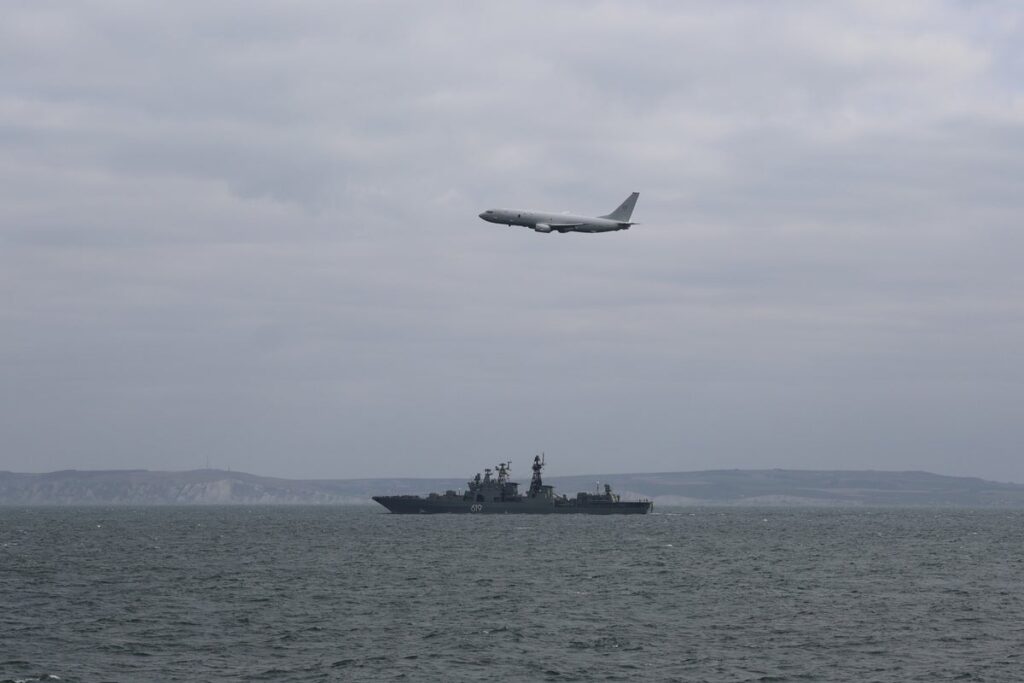Britain and Germany will join forces to hunt down Russian submarines.
The Royal Air Force (RAF) and Deutsche Marine aircraft will jointly conduct defensive patrols for Russian submarines, working side by side from RAF Lossiemouth, defending NATO’s Eastern and Northern flanks.
British and German forces will also ramp up their cyber and military co-operation in a bid to strengthen Nato’s security.
Defence Secretary John Healey and his German counterpart Boris Pistorius will join an operational flight on one of the RAF Poseidon P-8A maritime patrol aircraft on Thursday at RAF Lossiemouth.
The P-8A can detect, identify, track and defend against hostile ships and submarines.
The flight will mark one year since the landmark signing of the Trinity House Agreement on Defence.
The new fifth Trinity House Lighthouse project will allow the UK’s new Cyber and Specialist Operations Command (CSOC) and the German Cyber and Information Domain Service to work more closely than before, allowing them to share data, intelligence and operational tools securely with each other and Nato allies.
This includes the development of a secure cloud network, a digital system that allows the sharing of information in real time while defending against cyber attacks.
The UK and Germany are also working harder to protect Nato’s logistics and transport networks from cyber attacks.
In the coming months, one of the Deutsche Marine’s (German navy) P-8As will visit Lossiemouth for the first time ahead of future joint activity side-by-side with the RAF in the North Atlantic to help defend against Russia.
Since the launch of the Trinity House Agreement last year, German companies have committed to invest £800 million in the UK defence industry, creating 600 jobs across the UK.
This includes a new Rheinmetall factory in Telford, which will see the UK manufacture artillery gun barrels for the first time in a decade, using British steel produced by Sheffield Forgemasters and creating hundreds of jobs.
Three other German defence companies have announced plans to invest in the UK defence industry, including Helsing, ARX Robotics and Stark.
The three companies will produce maritime glider drones, backed by £350 million of investment in artificial intelligence (AI), as well as unmanned drones, backed by £45 million in investment and 190 new jobs.
Mr Healey said: “A year on from the Trinity House Agreement, the UK and Germany are working closer than ever to keep our two countries and Europe safe.
“Together we’re strengthening Nato, boosting our cyber defences, and ensuring our armed forces can operate side by side with ease – from patrolling the skies over Scotland to hunting Russian subs in the North Atlantic.
“This partnership is a cornerstone of European security, demonstrating unity and strength to our adversaries, and keeping us secure at home and strong abroad.”


